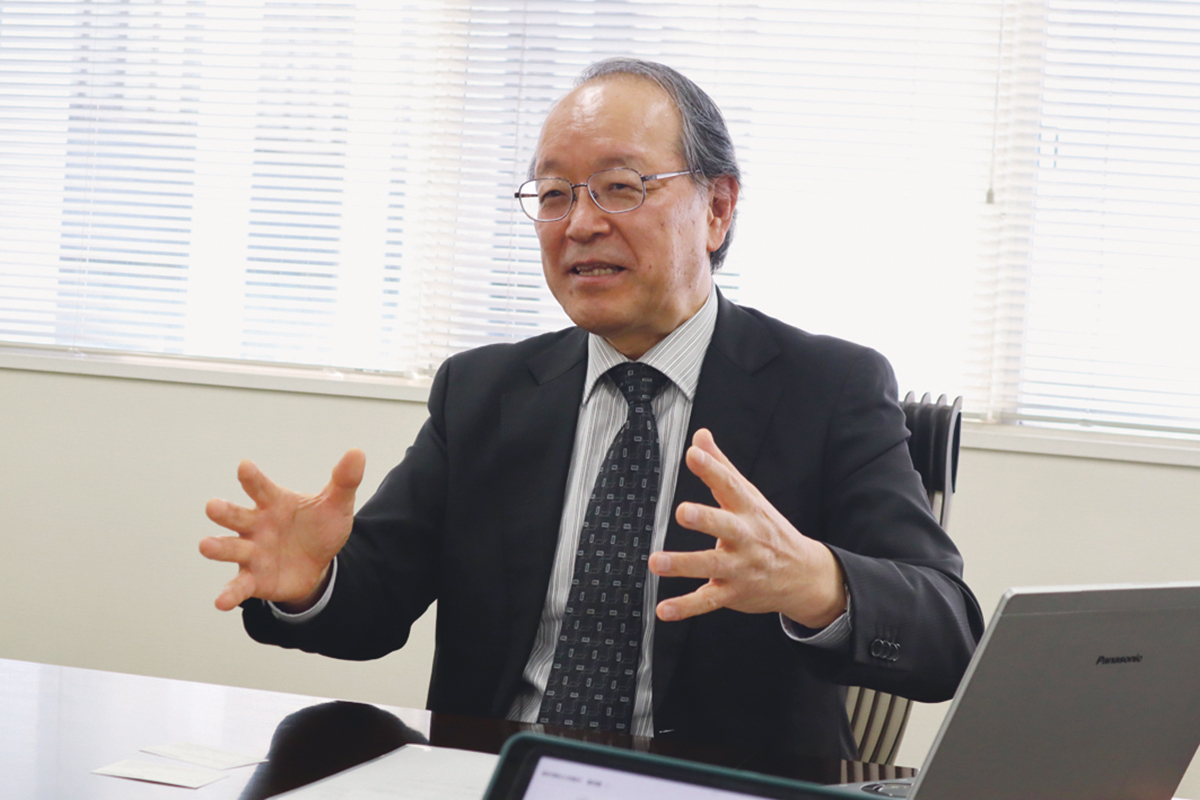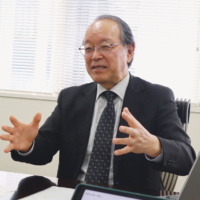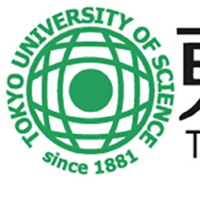The Tokyo University of Science (TUS), Japan’s largest private general university for science and technology, punches above its weight in the number of startups launched by faculty, researchers and students, argues President Masatoshi Ishikawa.
“As of 2023, TUS has provided support to 191 ventures. … That number ranks seventh among all Japanese universities. However, if you change the metric to the number of ventures in proportion to the size of faculty and university budget, we rank at the top out of 10 universities,” he said.
To foster this culture of entrepreneurship, TUS has created the Tokyo University of Science Innovation Driven Ecosystem (TUSIDE, pronounced “two-side”), whose aim is to “foster diverse collaborations and partnerships both within and outside the university.” What sets it apart, Ishikawa said, is its flexible approach to providing support.

Matching support to goals
Behind the establishment of TUSIDE lay the realization that the approaches to research in science and technology had expanded, Ishikawa said.
“Traditionally, a researcher would define one or another specific problem. They would then dig and dig away in their research, looking for a solution to that problem,” he said. However, in recent decades there has been a shift in some areas toward developing technologies and the like without a specific problem in mind and then turning to the outside world to see if there is a problem to which they may be applied.
“Google is a good example of this. Its founders did not set out to make a search engine — it began as a research project. But along the way, they realized that their project might also have the practical application of doing searches on the internet. I believe that this kind of approach to research is becoming more common,” Ishikawa said.
“Researchers here need to find some way to get the word out to society about their work. ‘I have developed something here. Is there anyone out there who can use this?’ The answer might be ‘Yes, I can use that’ or it might be ‘No, thank you,’” he added, but either way, TUS wants to help them get that answer about any broader interest in their idea.

TUSIDE is meant to facilitate that. It combines three entities: the Tokyo University of Science itself, which houses an organization for collaboration between academia and industry to ease the commercialization of research results; the Tokyo University of Science Investment Management Co. Ltd., which manages entrepreneurship support events and incubation facilities; and the Tokyo University of Science Innovation Capital Co. Ltd., which handles investments in startups.
“The issue for our faculty and researchers is that they do not necessarily know about how to get the word out about their work. Moreover, they also have trouble deciding among the three possible paths they might pursue: create their own venture business, collaborate with or find a buyer for their technology, or simply write up the research results in the traditional manner,” Ishikawa said. TUSIDE is intended to help them make those decisions.
Supporting certified startups
The ultimate objective behind TUSIDE is finding the best way to create something that society finds useful.
“A researcher might want to get funding to do joint research, but the potential partner company might not want to spend that much but would back a venture. We want our researchers to know that, through TUSIDE, we can help them in those negotiations to find the right balance,” Ishikawa said. “We want to create a culture that helps them to recognize that they have these options, and to realize that they will have support with whichever choice they make.”
That support, he noted, is mainly through loaning out facilities and licensing, but it also includes occasional investments. TUS has assisted nearly a dozen ventures, including a manufacturer of posture-support devices for the elderly and disabled, a venture developing sensors to measure the impact of earthquakes on structures, and a student-led venture that creates innovative solutions with medical and engineering technology.

The key to creating new value for society, Ishikawa said, is to actually make something new. “Companies generally do not want to invest in this, since this means creating something for which a market does not necessarily exist. This is why venture capital is necessary,” he said. There is a lot of interesting and original work being done at Japanese universities, but outside investment to help turn it into something of social utility and value is lacking. The ecosystem created at TUS is meant to help close that gap.
He added: “If you don’t take risks, you won’t create anything original. Something original might cost a lot of money, and the judgment of the results might be poor — that’s the risk. Japan is risk-averse, and I think it would be a good thing to support the creation of a culture that is willing to take risks.”











